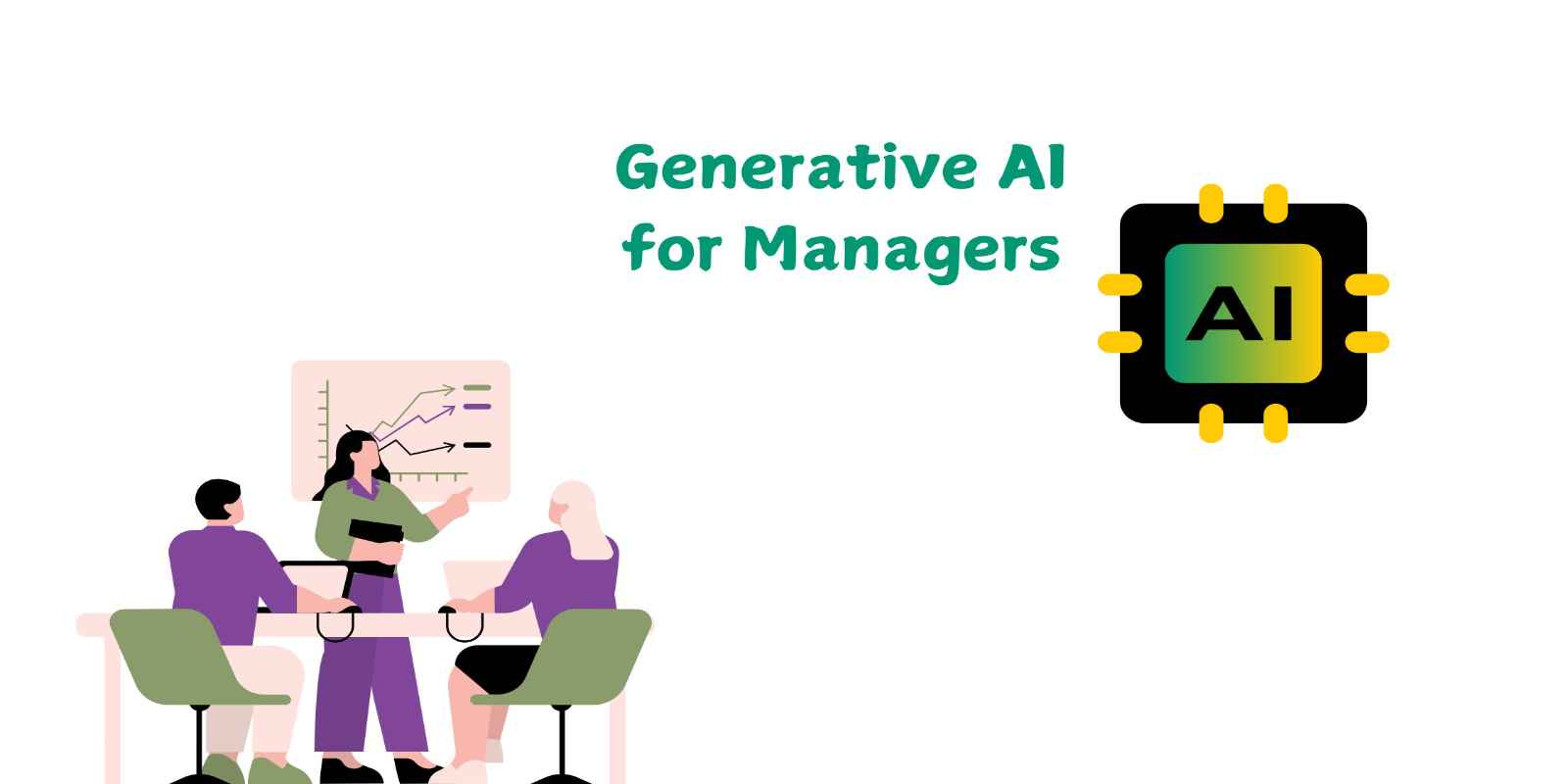Traditional AI, which includes machine learning, expert systems, and neural networks, remains a cornerstone of technological innovation. Its applications span various industries, driving efficiency, enhancing accuracy, and fostering innovation. Here, we delve into some prominent Use case for traditional AI where this is making a significant impact.
Use Case for Traditional AI Model in Detail
Predictive Analytics
Predictive analytics harnesses AI to forecast future events by analyzing historical data. This capability is invaluable across multiple sectors:
- Finance: AI models predict stock market trends, assess credit risks, and detect fraudulent activities, enabling financial institutions to make informed decisions and mitigate risks.
- Healthcare: Predictive analytics aids in forecasting patient outcomes, identifying potential disease outbreaks, and optimizing treatment plans, thereby improving patient care and operational efficiency.
- Retail: AI-driven predictive analytics helps retailers anticipate customer demand, manage inventory effectively, and personalize marketing strategies, enhancing customer satisfaction and sales.
Natural Language Processing (NLP)
Natural Language Processing (NLP) allows machines to understand and interact using human language, transforming customer service and content management:
- Customer Service: AI-powered chatbots provide instant, accurate responses to customer inquiries, improving user experience and reducing response times.
- Content Management: NLP assists in content generation, sentiment analysis, and language translation, making it easier to manage and disseminate information across different languages and regions.
Image and Speech Recognition
AI-driven image and speech recognition technologies are revolutionizing sectors like security, healthcare, and accessibility:
- Security: Facial recognition systems enhanced by AI improve secure access and surveillance, ensuring higher levels of safety and security.
- Healthcare: AI aids in the analysis of medical images, such as X-rays and MRIs, enhancing diagnostic accuracy and enabling timely medical intervention.
- Accessibility: Speech-to-text and text-to-speech technologies powered by AI assist individuals with disabilities, promoting inclusivity and independence.
Autonomous Vehicles
Autonomous vehicles is best use case for Traditional AI , ensuring safe and efficient transportation:
- Navigation: AI processes vast amounts of sensor data to enable real-time navigation and obstacle avoidance, ensuring a smooth driving experience.
- Safety: AI systems predict and respond to potential hazards, enhancing passenger and pedestrian safety.
- Efficiency: AI optimizes routes for fuel efficiency and reduced travel time, making transportation more sustainable and cost-effective.
Manufacturing and Robotics
AI enhances manufacturing processes through automation and predictive maintenance:
- Automation: AI-driven robots perform repetitive tasks with high precision and consistency, increasing productivity and reducing human error.
- Predictive Maintenance: AI models predict equipment failures before they occur, allowing for proactive maintenance and minimizing downtime, thereby improving operational efficiency.
Fraud Detection
Identifying and preventing fraudulent activities in finance and e-commerce is one of the important Use case for traditional AI :
- Finance: AI detects unusual transaction patterns that may indicate fraud, helping financial institutions protect assets and maintain customer trust.
- E-commerce: AI identifies fake reviews and counterfeit products, ensuring a trustworthy online shopping experience for consumers.
Personalized Recommendations
AI algorithms analyze user data to provide personalized recommendations in e-commerce, streaming services, and social media:
- E-commerce: AI suggests products based on individual user behavior and preferences, enhancing the shopping experience and boosting sales.
- Streaming Services: AI curates personalized content playlists, increasing user engagement and satisfaction.
- Social Media: AI tailors news feeds and advertisements to individual interests, improving user experience and advertising effectiveness.
Conclusion
Traditional AI continues to drive significant advancements across various industries. From predictive analytics and NLP to autonomous vehicles and personalized recommendations, the applications of traditional AI are vast and impactful. By leveraging these technologies, businesses can enhance efficiency, accuracy, and customer satisfaction, maintaining a competitive edge in an increasingly digital world.



